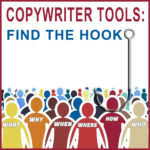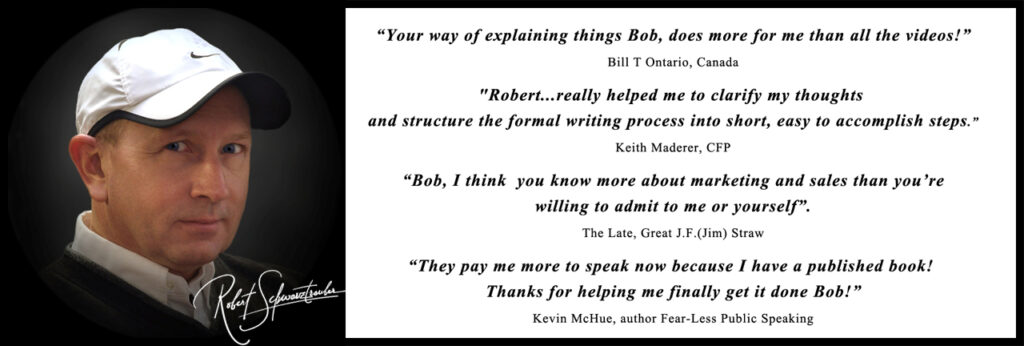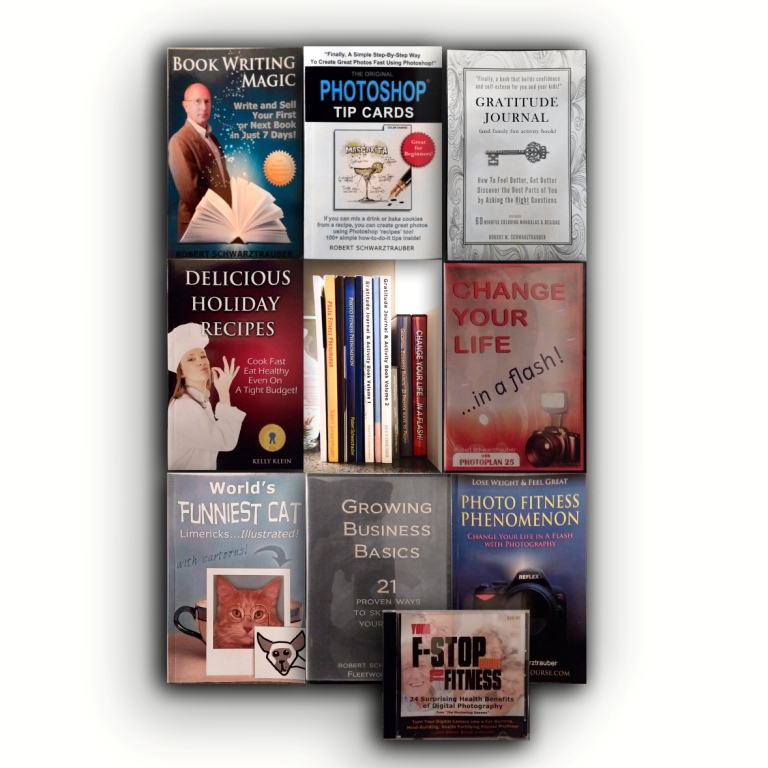
Copywriter Tools: Finding the Hook
Copywriting is an essential part of any marketing strategy. It’s the art of crafting compelling content with words and images that persuade people to take action.
A critical component of copywriting is finding the hook – that one sentence or phrase that grabs the reader’s attention and makes them want to keep reading.
Finding the hook can be challenging however, even for experienced copywriters. That’s where copywriter tools become invaluable.

Brace yourself now. Given the importance of this topic, finding the best hook, no less than a lengthy article would suffice. And even at great length, this article can only describe the best tools to use and show you where to get them. Not how to use them.
Given the enormous amount of research, writing, and time spent compiling this resource, I can see turning it into a stand-alone product soon which will probably sell for $99.
It’s that valuable to the person who will take action on it.
For you, for now, it’s free.
Let’s get to it then, shall we…
HOOKS
There are many copywriter tools available that can help you find the hook.
Most recently, online tools use artificial intelligence and machine learning algorithms to analyze your content and suggest hooks that are likely to be effective.
Some tools generate hooks based on your topic or keywords, while others analyze your existing content to find the most compelling phrases.
While online copywriting tools can work wonders, their downside is, as always with computers: Garbage in, garbage out!
That’s where the old-fashioned paper and pen tools excel. Tools like the “Copywriter’s Persuasion Toolkit” which supplies the customer insight you need to have before you even begin asking questions of the chat.gpt’s and other AI’s. You need to be sure you’re not putting garbage in.
Copywriters do best when they work like the professional carpenter, who relies on both hand tools AND power tools to craft a finely finished wood project.
By using both types of tools, you can save considerable time and effort while simultaneously improving the effectiveness of your copywriting.
Key Takeaways
- Finding the hook is an essential part of copywriting, but it can be challenging. Best results come from using online and offline tools.
- Copywriter tools can help you find effective hooks quickly and easily that burst through your prospects Bubble of Preoccupation and lead to higher sales numbers.
- By using effective copywriter tools, you can quickly improve the effectiveness of your copywriting while saving both time and effort. And at little or no cost!
The Importance of Finding the Hook
As a copywriter, finding the hook is crucial to creating effective and engaging content.
The hook is the attention-grabbing element that draws the reader in and makes them want to keep reading.
Without a strong hook, your content will likely go unnoticed.
It will fail to achieve its intended purpose. Especially in today’s culture, where the widespread, daily use of social media is currently overloading our attention capabilities
Understanding Your Audience
To find the hook, it is essential to understand your audience. Knowing who your target audience is and what they are interested in will help you create a hook that resonates with them.
You can use online tools such as Google Analytics, social media insights, and surveys to gather data about your audience’s demographics, interests, and behavior.
Offline, The Copywriter’s Persuasion Toolkit is a simple, fill-in-the-blanks way to organize and make sense of all the data you get from using the online tools. Without it, the data dump from online resources can seem confusing and overwhelming. Perhaps you’ve experienced this?
Once you have a clear understanding of your audience, you can tailor your hook to specifically target THEIR needs and interests. Your hook will strike hot like an arrow and burst straight through their Bubble of Preoccupation.
A carefully crafted hook is like a sudden loud noise or sharp blow to your body. You can’t NOT pay attention!
For example, if your audience is primarily young adults interested in fitness, a hook that highlights the benefits of a new workout routine may be more effective than a hook focused on the latest fashion trends.
Better might be a hook that shows how their new fit body will start magnetically attracting opposite sex partners. This is a benefit that’s certain to get their attention every time.
Engaging the Reader
A strong hook not only grabs the reader’s attention but also engages them and encourages them to keep reading. Your copy should work like a greased slide, effortlessly dropping your prospect once hooked, all wide-eyed and excited straight into your most compelling offer.
To achieve this, consider using storytelling, humor, or emotional appeals in your hook. These elements can create an instant connection with the reader and make them feel invested in the content.
Additionally, using statistics, quotes, or other factual information can add credibility to your hook and make it more compelling. However, it is important to ensure that any information you use is accurate and relevant to your content.This is especially true if using AI for research. Check and double check those AI ‘facts’.
Finding the right hook is a critical component of effective copywriting. By understanding your audience and how to best engage the reader, you can create a hook that captures their attention and leads to a successful outcome. Which is for most, fat stacks of cash in your pockets!
Copywriter Tools Overview

Copywriting is an art that requires creativity, research, and a strong understanding of the target audience.
Fortunately, there are many tools available that can help copywriters find their hook and create compelling content. This section will provide an overview of the most popular copywriter tools and their subcategories.
Keyword Research Tools
Keyword research is essential for creating effective copy that resonates with the target audience. The following tools can help copywriters find the right keywords:
- Google Keyword Planner: This free tool allows copywriters to research keywords and see how often they are searched for on Google.
- Ahrefs: This paid tool provides keyword research, backlink analysis, and competitor research.
- SEMrush: This paid tool provides keyword research, competitor analysis, and site audit features.
- The Copywriter’s Persuasion Toolkit is a simple way to organize and make sense of all the data you receive.
Content Creation Tools
Creating high-quality content that engages the target audience is a top priority for copywriters. The following tools can help copywriters create compelling content:
- Grammarly: This tool checks for grammar, spelling, and punctuation errors.
- Hemingway Editor: This tool analyzes text for readability and suggests improvements.
- Yoast SEO: This tool helps copywriters optimize their content for search engines.
Proofreading Tools
Proofreading is an essential part of the copywriting process. The following tools can help copywriters catch errors and improve the quality of their content:
- ProWritingAid: This tool checks for grammar, spelling, and punctuation errors and provides suggestions for improvement.
- Ginger Software: This tool checks for grammar and spelling errors and provides suggestions for improvement.
- WhiteSmoke: This tool checks for grammar, spelling, punctuation, and style errors and provides suggestions for improvement.
In conclusion, copywriters can benefit greatly from using the right tools.
Keyword research tools can help copywriters find the right keywords. Content creation tools can help copywriters create engaging content. Proofreading tools can help copywriters catch errors and improve the quality of their content.
CAUTION: With the wealth of copywriting tools that are now available, it is more important than ever to keep your eye on the goal. Distractions and jumping around from thing to thing can easily throw us off track.
The goal is almost always:
- To solve a problem for your prospect
- To solve an immediate or daunting problem for your prospect, ie. ants, pimples, foreclosure, mate leaving.
- To boost their status or ego.
- To increase their income.
Use The Copywriter’s Persuasion Toolkit to get the most accurate description of WHY your prospect Buys. It’s based on 100 years of proven sales, sales psychology, and direct marketing techniques employed by some of the industry’s greatest minds.
Using it is like walking in the footsteps of giants!
How to Use Tools to Find the Hook

Copywriting tools can be incredibly helpful when it comes to finding the perfect hook for your content. Here are some tips on how to use these tools to identify key themes and create engaging content.
Refer back to the Copywriter’s Toolkit often as you move through this process to insure you stay centered and clear on your objectives. It’s very easy to go off on useless tangents unrelated to the prospect’s needs, as we all tend to bring our own biases and preoccupations into the process
REMEMBER ALWAYS: This is all about THEM and why THEY buy.
Identifying Key Themes
Before you can create an effective hook, you need to identify the key themes of your content. This will help you understand what your audience is looking for and what will capture their attention. There are several tools that can help you with this process:
- Google Trends: This tool allows you to see what people are searching for online. By entering a keyword or phrase related to your content, you can see how popular it is and what related topics people are interested in.
- BuzzSumo: This tool shows you the most popular content related to a particular topic. By analyzing this content, you can identify key themes and trends that you can incorporate into your own content.
- SEMrush: This tool allows you to analyze your competitors’ content and identify the keywords they are targeting. By incorporating these keywords into your own content, you can improve your search engine rankings and attract more traffic to your site.
- The Copywriter’s Persuasion Toolkit is the primary offline tool you’ll need. It lets you keep your eyes on the prize while you craft a hook which penetrates their Bubble of Preoccupation and uncovers those hidden buyer motives essential to the central tone and theme of your sales copy.
Creating Engaging Content
Once you have identified the key themes of your content, you can use copywriting tools to create an engaging hook. Here are some tools that can help you with this process:
- Copy.ai: This tool uses artificial intelligence to generate headlines and hooks based on your content. By entering a brief description of your content, you can get several options for hooks that you can use to capture your audience’s attention.
- CoSchedule Headline Analyzer: This tool allows you to analyze your headlines and hooks to see how engaging they are. By entering your headline or hook, you can get a score and suggestions for how to improve it.
- Grammarly: This tool can help you improve the clarity and readability of your content. By analyzing your content, it can identify areas where you can improve your writing to make it more engaging and effective.
By using both online and offline tools to identify key themes and create engaging content, you can greatly improve the effectiveness of your copywriting and capture your audience’s attention from the very beginning.
Case Studies of Effective Hooks

Crafting a compelling hook is the key to grabbing the reader’s attention and keeping them engaged. Here are some case studies of effective hooks that can inspire copywriters to create their own:
Case Study 1: Emotional Appeal
One of the most effective ways to create a quick connection with the reader is by using an emotional appeal in the hook. Tapping into a prospects emotions is a powerful way to get their attention and to keep them reading.
For example, the following hook is an excellent example of an emotional appeal:
“Are you sick to death of feeling lonely and isolated? Discover 7 powerful personal connection secrets that quicky transform your social life – even if you’re an introvert!“
Case Study 2: Shocking Statistic
Using a shocking statistic in the hook can be a great way to grab the reader’s attention and make them curious about the rest of the content.
Hooks that start with a shocking statistic can be a powerful way to get the reader to sit up and take notice.
For instance, the following hook is an excellent example of a shocking statistic:
“Did you know that 90% of small businesses fail within the first five years? Here are 12 proven strategies successful entrepreneurs are using right now use to beat those odds.”
Case Study 3: Storytelling
Storytelling is a deceptively effective way to engage the reader and make them care about the content. A hook that tells a compelling story gets the reader to keep reading – we humans are hard-wired to listen to stories.
The following hook is an excellent example of storytelling:
“Once upon a time, there was a struggling artist who couldn’t seem to catch a break. But then she discovered one simple (but not obvious) technique that transformed her career literally overnight. Could you use that same technique to take your art to the next level and finally earn the kind of money you deserve?”
To wrap up, these case studies provide a tiny glimpse into the power of using effective hooks in copywriting. By using emotional appeals, shocking statistics, storytelling, and more, copywriters can create hooks that capture the reader’s attention and keep them engaged and excited for more as they move throughout the content.
Conclusion

Finding the perfect hook is a crucial skill every copywriter needs to master.
Luckily, there are a host of tools available now, online and offline, to help with this essential process. Each tool employing unique features and benefits.
Some of the most popular tools include Ahrefs’ Conclusion Generator, which assists in distilling complex data into clear and impactful conclusions, and Copy.ai’s Hook Generator, which provides users with a range of attention-grabbing hooks to choose from.
Other options include Tasklab’s AI Hook Generator, which generates creative ideas for hooks, and Scalenut’s Free Hook Generator, which allows users to personalize their hooks based on the needs of their target audience and the topic of their content.
The Copywriter’s Persuasion Toolkit helps you make sense of all the data collected online. It gives you both an up close and personal look at your best prospect AND a birds-eye, big-picture view which keeps you centered on the buyer’s needs, wants, desires, and even uncovers the hidden desires they don’t even know they have.
When you understand that asking the right questions is what allows all of the current AI services online now to best serve us, you understand why an online resource like The Copywriter’s Toolkit is so important in the process. It scientifically points you in the right direction to ask the right questions. To put NO garbage in.
In the eloquent words of the poet Rudyard Kipling:
“I KEEP six honest serving-men
(They taught me all I knew);
Their names are What and Why and When
And How and Where and Who.”
In the end, the best hook will come from utilizing a combination of these tools – and more importantly, TESTING. Tool usage will always depend on the specific needs and preferences of the copywriter. Experiment with different tools and techniques. Just remember no tool is perfect, or perfect for every job. Every tool ultimately relies on the skill of the craftman using it.
Get good at your craft by practicing daily, and using the writing tips, tricks, and techniques we provide. Remember to sign up now, Join the Club to keep those tips coming to you via email.
Robert Schwarztrauber




Leave a Reply